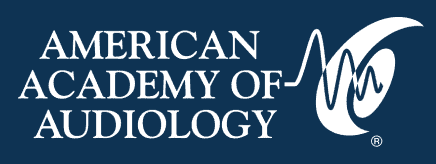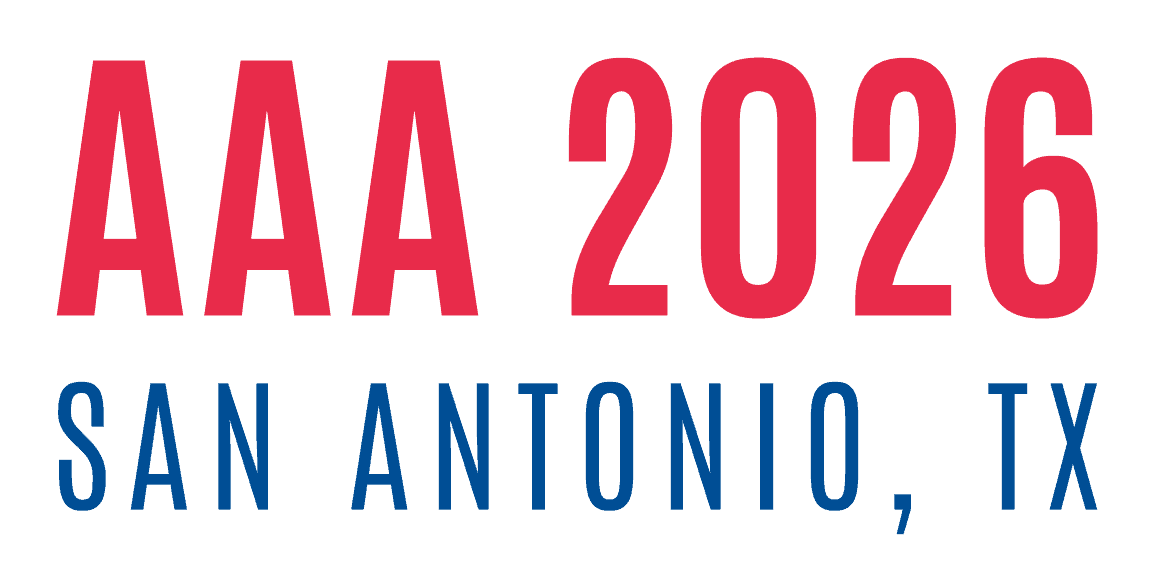All Learning Labs are scheduled for Wednesday, April 22 beginning at 8:00 am.
Presenter: Sam Bittel, AuD
Audiologists should be well versed in cerumen removal, particularly as the entry point for vestibular/hearing health care. As autonomous practitioners, managing cerumen is a crucial skill. This two-part didactic and hands-on workshop will provide the foundation/knowledge needed to become competent in cerumen management. This lab will cover the anatomy/physiology of the ear canal, cerumen properties, technical aspects of removal, managing incidents, infection control, state regulations, and billing. The second portion includes a demonstration of removal techniques/equipment and ends with hands-on experience.
Presenter: Lindsey Jorgensen, AuD, PhD
This session will explore patient complaints beyond initial hearing evaluations and fittings. It will cover selecting advanced hearing aid features tailored to patient needs and teaching participants how to verify that these features function correctly to meet those needs.
Presenter: Nathan D Cass, MD
This session will focus on CT and MRI imaging characteristics of common audiologic / otologic disorders that face the hearing health practitioner. Participants should expect to learn which imaging studies are typically ordered for different indications, and the essential details to evaluate for on such imaging. The clinical decision-making processes for these disorders will be discussed in light of imaging findings. Attendees will be given a series of patient care scenarios and asked to select optimal imaging studies using a multiple choice format; when study results are shown, attendees will be asked to give pertinent findings, again in multiple choice format. We will then discuss the appropriate studies and findings together, and how they bear upon the patient cases presented.
Presenters: Alyssa Needleman, PhD, Tracy Murphy, AuD, and Marie Vetter, AuD
This interactive 3-hour Learning Lab is designed to give practice owners and managers the tools and confidence to use financial data as a driver for smarter decision-making and practice growth. Attendees will bring their own practice numbers and work directly with them throughout the session, leaving with practical insights and actionable next steps tailored to their business. Through guided instruction, live demonstrations, and hands-on exercises, participants will learn how to read and interpret a Profit & Loss (P&L) statement, build a realistic sales forecast, and calculate their true hourly rate. Along the way, they’ll see how small changes in revenue, expenses, or patient flow ripple through the financial picture, and how to apply these insights to everyday decisions like staffing, pricing, and service expansion. By the end, each attendee will walk away with at least three concrete action steps, plus a suite of tools, including an annotated P&L, forecasting template, and hourly rate calculator, that they can immediately use to strengthen financial decision-making and ensure long-term practice sustainability.
Presenters: Hannah Siburt, AuD, PhD; Jean Mankowski, PhD; Margaret DeRamus
Children who are Deaf or Hard of Hearing (DHH) and have additional co-occurring developmental or intellectual disabilities represent a growing and diverse population requiring specialized audiologic and developmental care. This session will explore the unique challenges these children and their families face, emphasizing the importance of tailored assessment strategies, effective communication methods—including visual and alternative supports—and a family-centered, interdisciplinary approach to care.
Presenters from psychology, speech-language pathology, and audiology will share insights from the Hearing and Development Clinic at the Carolina Institute for Developmental Disabilities (CIDD) at UNC-Chapel Hill. Participants will learn how the team evaluates DHH+ individuals, including recognizing features of autism spectrum disorder in this population and understanding when to refer for further developmental assessment.
Through interactive discussions and case-based breakout groups, attendees will gain practical tools and increased confidence in assessing and supporting DHH+ children, ultimately improving auditory, communicative, and developmental outcomes.

